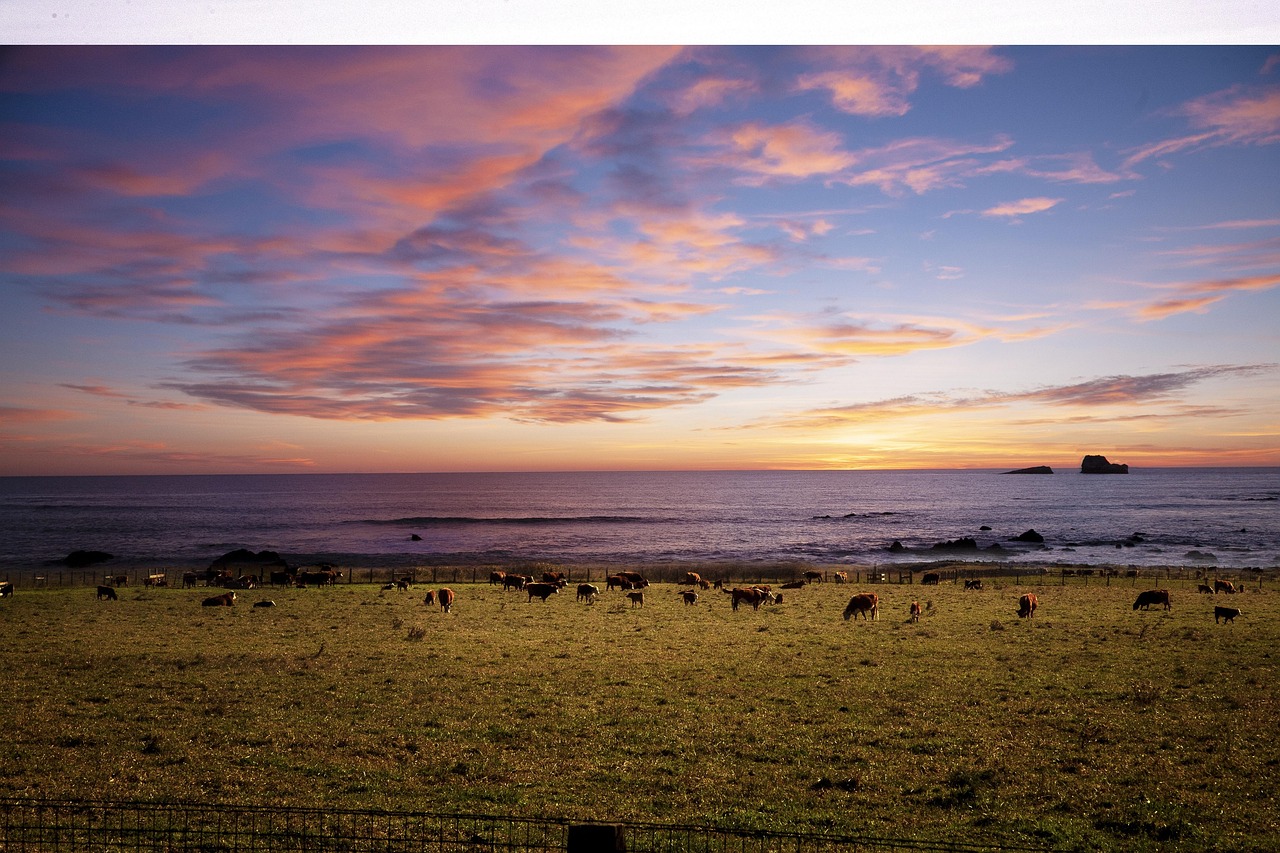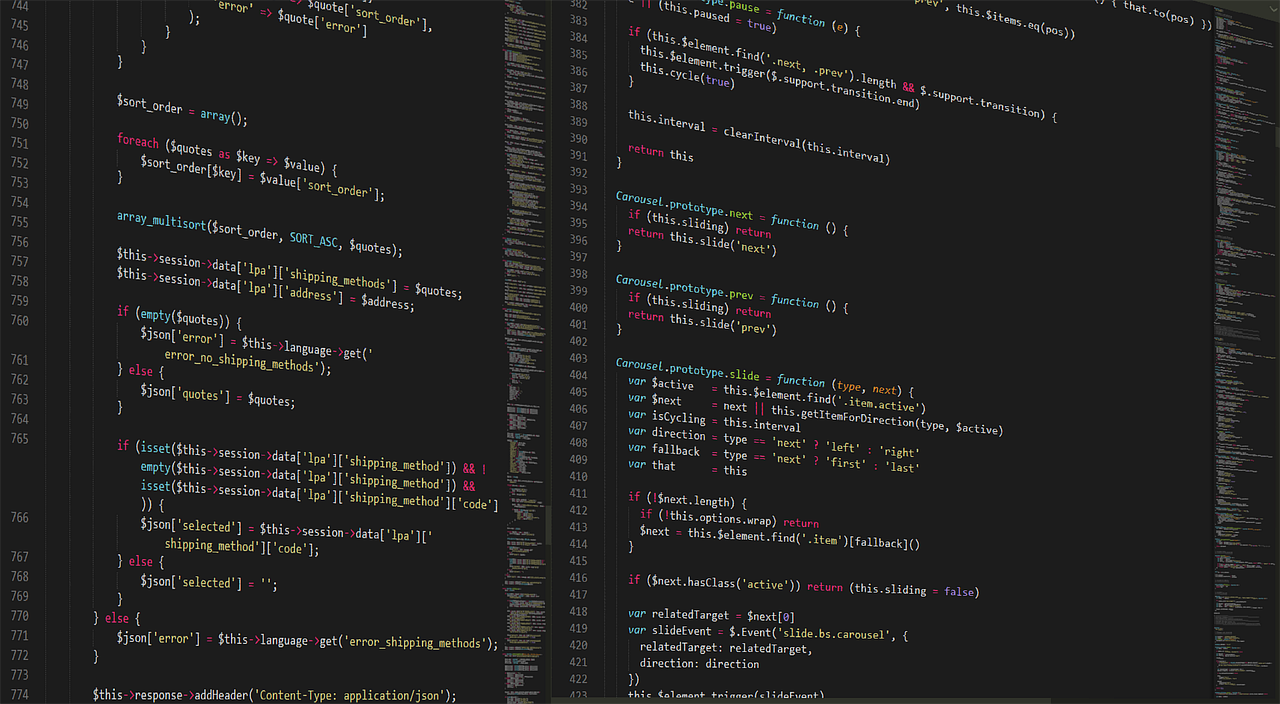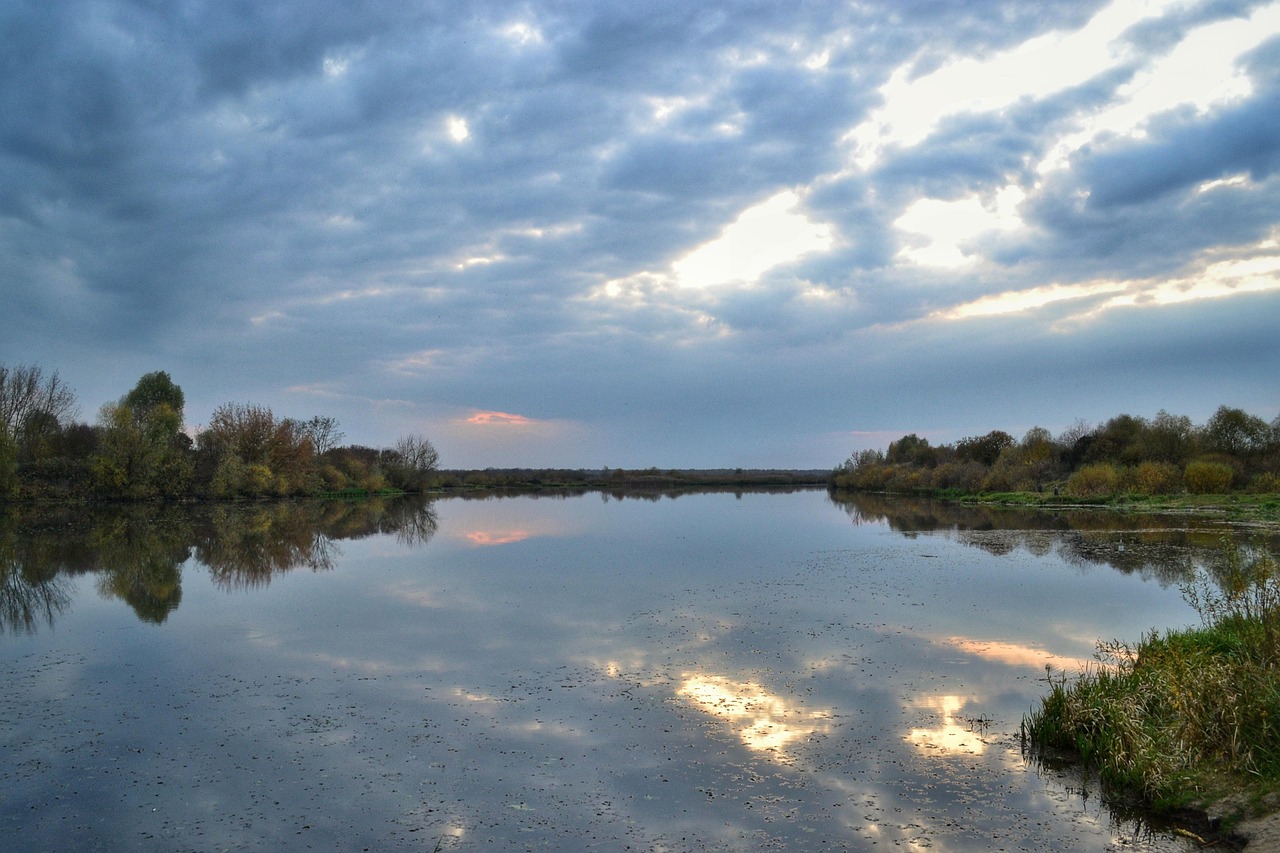
Tim Leiweke Steps Down Amid Federal Indictment
Tim Leiweke, a prominent figure in the global sports and entertainment venue industry and co-founder of Denver-based Oak View Group (OVG), has resigned as CEO following a federal grand jury indictment. The indictment accuses Leiweke of leading a conspiracy to rig the bidding process for entertainment services at the Moody Center at the University of Texas at Austin. This case highlights the legal scrutiny surrounding public contract processes and the consequences of alleged antitrust violations in the highly competitive venue management sector.
Details of the Alleged Bid Rigging Scheme
According to the U. S. Department of Justice (DOJ), from early 2018 through June 2024, Leiweke conspired with a competitor to manipulate the bidding for developing and managing the Moody Center, which opened in April
2022. The indictment claims Leiweke sought to funnel business to Legends Hospitality by arranging for Legends not to submit a competing bid in exchange for subcontract opportunities. This allowed Oak View Group to become the sole qualified bidder, securing a lucrative and ongoing revenue stream from the public university project. The FBI emphasized that public contracts require open, competitive bids to maintain fairness and protect community interests.

Financial Penalties and Company Response
Oak View Group and Legends Hospitality have agreed to pay $15 million and $1.5 million respectively in penalties linked to the indictment’s conduct. Notably, Legends Hospitality and its CEO were not indicted. Oak View Group issued a statement underscoring its full cooperation with the DOJ’s Antitrust Division and emphasized that no charges were filed against the company itself, nor was there any admission of wrongdoing. The company reaffirmed its commitment to industry-leading compliance and fair competition, aiming to preserve trust in its operations across 400 arenas worldwide.

Leadership Transition and Leiweke’s Role
Following the indictment, Leiweke stepped down as CEO but remains vice chairman of the board and a shareholder. Chris Granger, president of OVG 360 and former president of major sports franchises including the Detroit Tigers and Sacramento Kings, has taken over as interim CEO. Leiweke framed his resignation as a strategic succession aligned with the company’s growth trajectory, not an admission of fault. His spokesperson publicly asserted that Leiweke denies any wrongdoing and plans to vigorously defend his reputation, arguing that vertical business partnerships like the one between OVG and Legends are legally permissible.
Leiweke’s Legacy in Sports and Entertainment Venues
Tim Leiweke’s career spans decades of influential arena and venue development. In the 1990s, as president of the Denver Nuggets, he spearheaded early negotiations for what became Ball Arena (formerly Pepsi Center).
He also played a key role in relocating the Quebec Nordiques to Denver, forming the Colorado Avalanche. Later, as CEO of Anschutz Entertainment Group, Leiweke oversaw major projects including Los Angeles’ Staples Center and L. A. Live entertainment district, London’s O2 Arena, and the Microsoft Theater. These venues have set benchmarks, hosting millions of attendees annually and generating billions in economic activity.

Oak View Group’s Global Reach and Market Position
Founded in 2015 by Leiweke and others, Oak View Group now employs over 50, 000 people and manages services across 400 arenas worldwide. The company has a robust $5 billion pipeline for new arena developments. Its portfolio includes high-profile projects such as Seattle’s Climate Pledge Arena, home to the NHL’s Kraken, New York’s UBS Arena for the Islanders, and Co-Op Live in Manchester—set to be Europe’s largest music and sports venue upon completion. The company’s global footprint and financial commitments illustrate its dominant role in the venue management industry.
Legal Implications and Potential Penalties for Leiweke
Leiweke faces charges under Section 1 of the Sherman Act, which addresses antitrust violations related to conspiracies restraining trade. The maximum penalty includes up to 10 years in prison and a $1 million fine. However, fines can escalate to twice the monetary gains derived from the scheme or twice the losses suffered by victims. This case underscores the DOJ’s intensified efforts to enforce fair competition laws in public contracting, especially in sectors involving significant public funds and community impact.

Broader Trends in Public Contract Enforcement
This high-profile indictment reflects a broader trend of federal authorities cracking down on bid-rigging and anti-competitive practices in public projects. As venues increasingly rely on lucrative contracts from municipalities and public institutions, transparency and compliance have become critical. The DOJ’s focus on maintaining open bidding processes serves as a warning to companies operating in the entertainment infrastructure space. It also highlights the tension between strategic business partnerships and antitrust regulations, a challenge that companies like Oak View Group must navigate carefully.

Impact on Industry and Future Outlook
The Oak View Group case may prompt tighter regulatory oversight across the sports and entertainment venue sector. With $5 billion in development projects underway, OVG’s reputation and operational integrity will be closely watched by partners and public stakeholders. Leiweke’s departure as CEO represents a pivotal leadership change during a sensitive period. Meanwhile, the legal proceedings will shape how venue management companies structure partnerships and bidding strategies going forward, balancing competitive advantage with legal compliance under the Biden administration and now President Donald Trump’s second term starting November 2024.
Conclusion The Intersection of Leadership and Legal Risks
Tim Leiweke’s indictment and resignation exemplify the complex interplay between visionary leadership and legal accountability in the multi-billion – dollar arena management industry. While Leiweke’s legacy includes landmark venues and global expansion, the case highlights the potential pitfalls when competitive strategies allegedly cross legal boundaries. For industry observers and stakeholders, this development reinforces the importance of robust compliance programs and transparent bidding practices to sustain trust in public-private partnerships shaping the future of sports and entertainment infrastructure.



